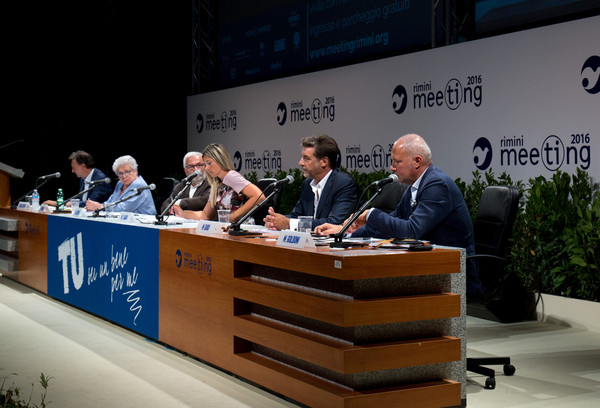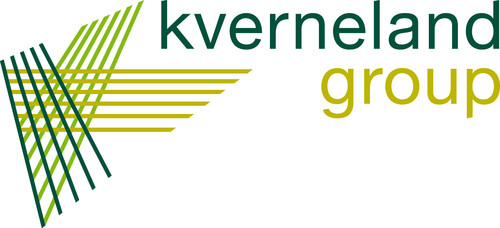
Food security: balancing the agricultural system
"Food: Good for Everyone" was the theme of a conference held in 25th of August at the Rimini Meeting with the participation among the rapporteurs of FederUnacoma President Massimo Goldoni. Meeting the food requirements of the planet will be possible thanks to the production capacity as well as stabilizing the markets and enacting policies capable of reconciling economic interests and sustainability
Increasing agricultural productivity is required for guaranteeing food security but this is not the only challenge the primary sector will be forced to face in the coming years. The upward fluctuation of agricultural commodities can make primary food products inaccessible in the poorest countries and social strata and a decline in prices can harm the income of farmers. This means a key objective is the stabilization of markets, a point made by Massimo Goldoni, the president of FederUnacoma, the Italian Agricultural Machinery Manufacturers Federation, speaking held on 25th August at the Rimini Meeting conference entitled Food: Good for Everyone. Goldoni affirmed that other than stabilizing the markets, also needed is the stabilization of relations between agricultural products for direct consumption and those for livestock feed because at present about one-third of farm production goes for animal feed and this share is certain to increase with the growth of demand for meat and cheese in the emerging countries and the Asian giants. Also the enormous areas set aside for the production of biofuels lead to a paradox from the point of view of food security and the global priority of renewable energy resources of agricultural origin which guarantee a much smaller impact on the environment compared to other energy sources.
What came to the fore through the work of the conference rapporteurs ‒ including Fabio Degli Esposti, General Manager of Nespresso Italy; Maria Chiara Gadda, Deputy of the Italian Parliament; Mario Guidi, President of Confagricoltura; Livia Pomodoro, President of the Milan Center For Food Law And Policy; introduction by Marco Lucchini, General Director of an NGO Food Bank – was that a wise and farsighted political strategy must be devised for managing the complicated problems associated with agriculture. Substantial experiences were illustrated by the participants as points of departure for rationalizing access to food resources and ways to achieve more efficient economic models. Livia Pomodoro said that after the Milan Universal Exposition, the issue of the right to food must not be lost sight of and contemplation must be continued in quarters specifically assigned, such as the Millennium Goals in which a priority agenda is created. Maria Chiara Gadda affirmed that legislative instruments such as the one aimed at countering the waste of food must be backed along with the good practice system applied to agro-food supply chains and the distribution of these assets. Fabio Degli Esposti of Nespresso outlined an emblematic case involving raising the value of the entire coffee supply chain with higher production prices and the achievement of an excellent product leading to greater remuneration on the market. Concluding his remarks, Goldoni noted that all these experiences discussed are useful for the formation of policy because they rise above self interest. A system in which economically strong countries produce farm surpluses bound for poor countries simply as donations would create a lack of balance and not be sustainable over time. Every countries must develop its own agricultural and in this connection, he added, especially significant is the experience of Italian agricultural machinery manufacturers aiming for the introduction of mechanization technologies and the promotion of innovative machinery and equipment in line with the specific requirements of the real conditions of farming in all parts of the world.








